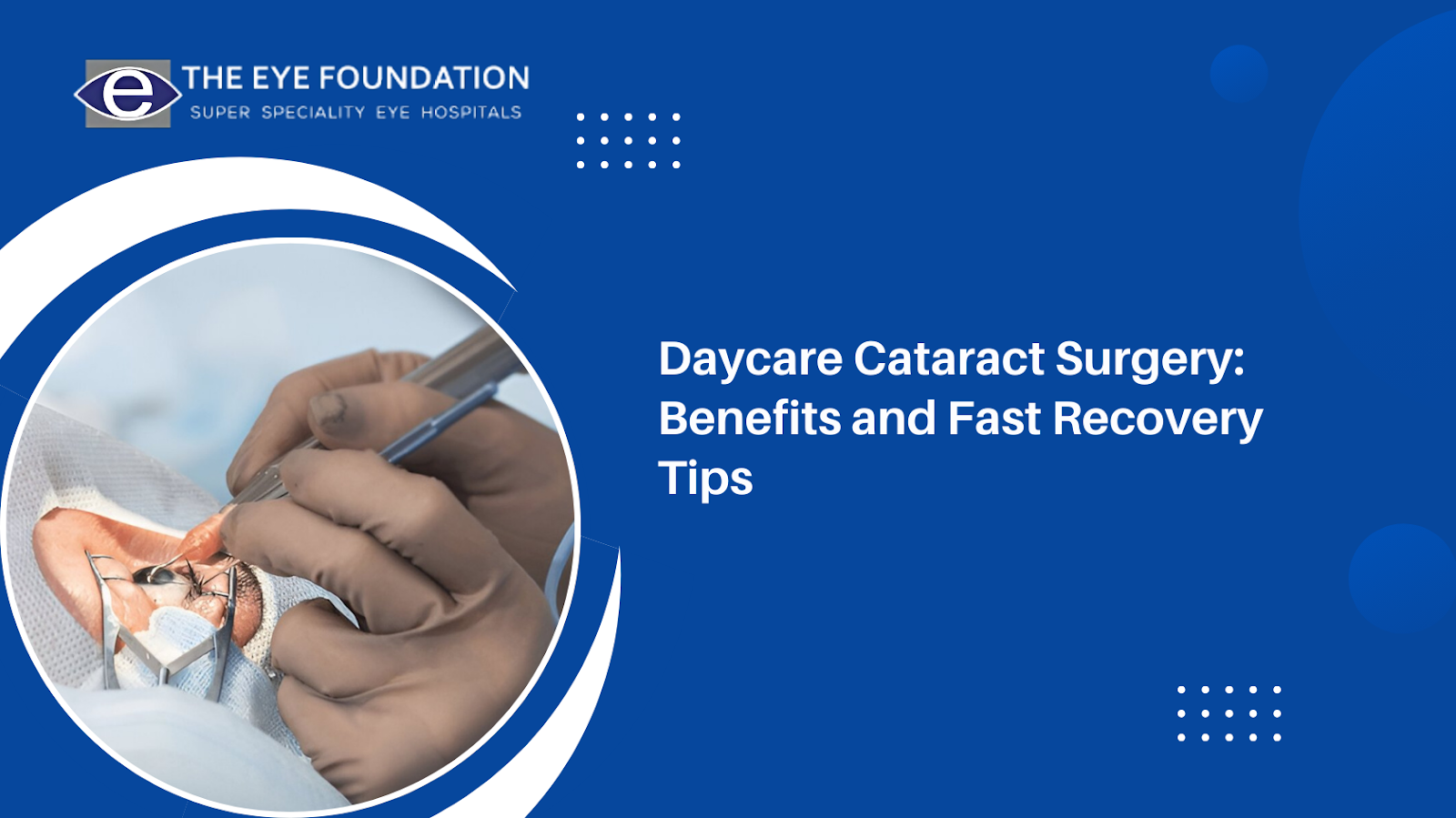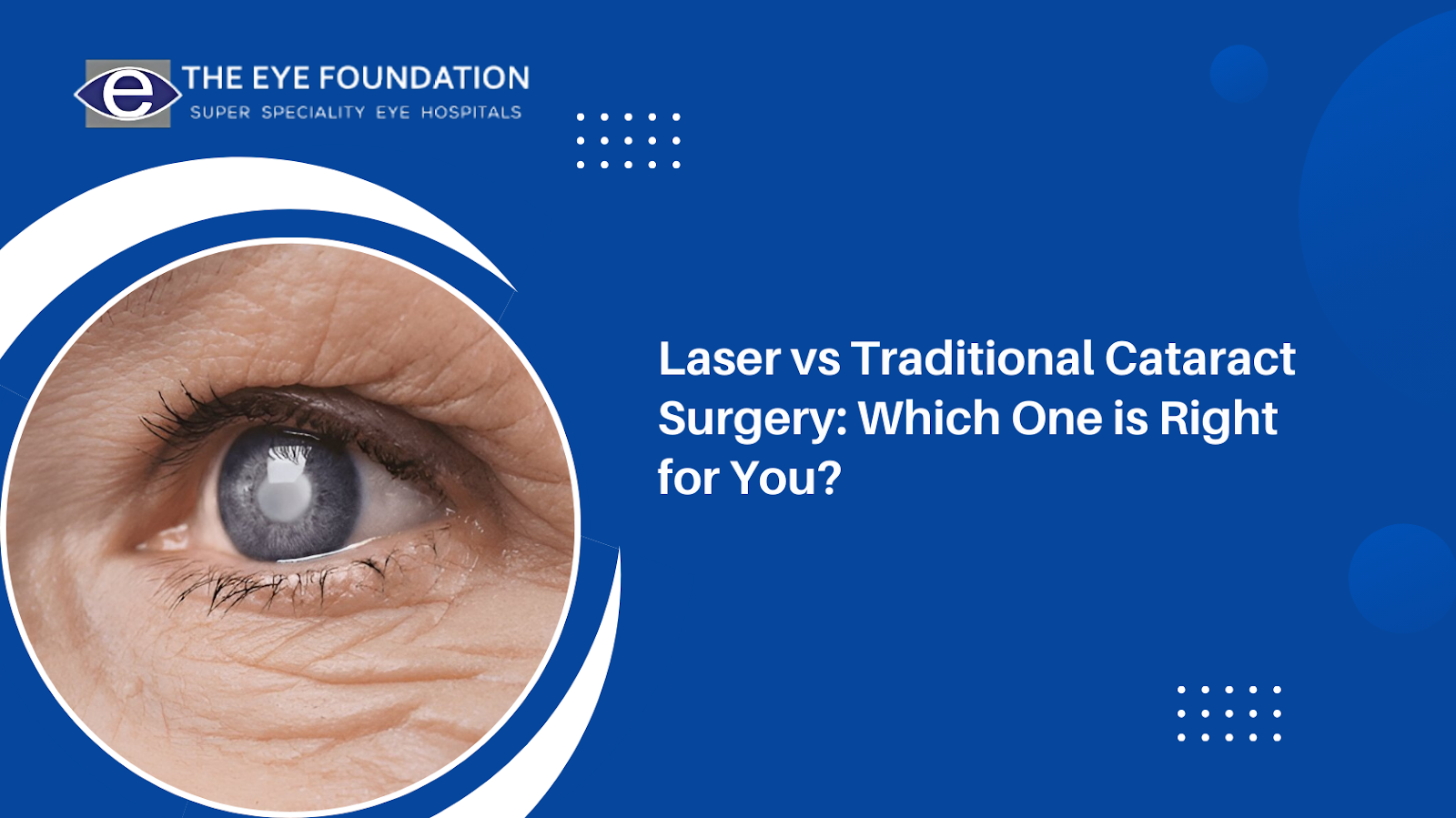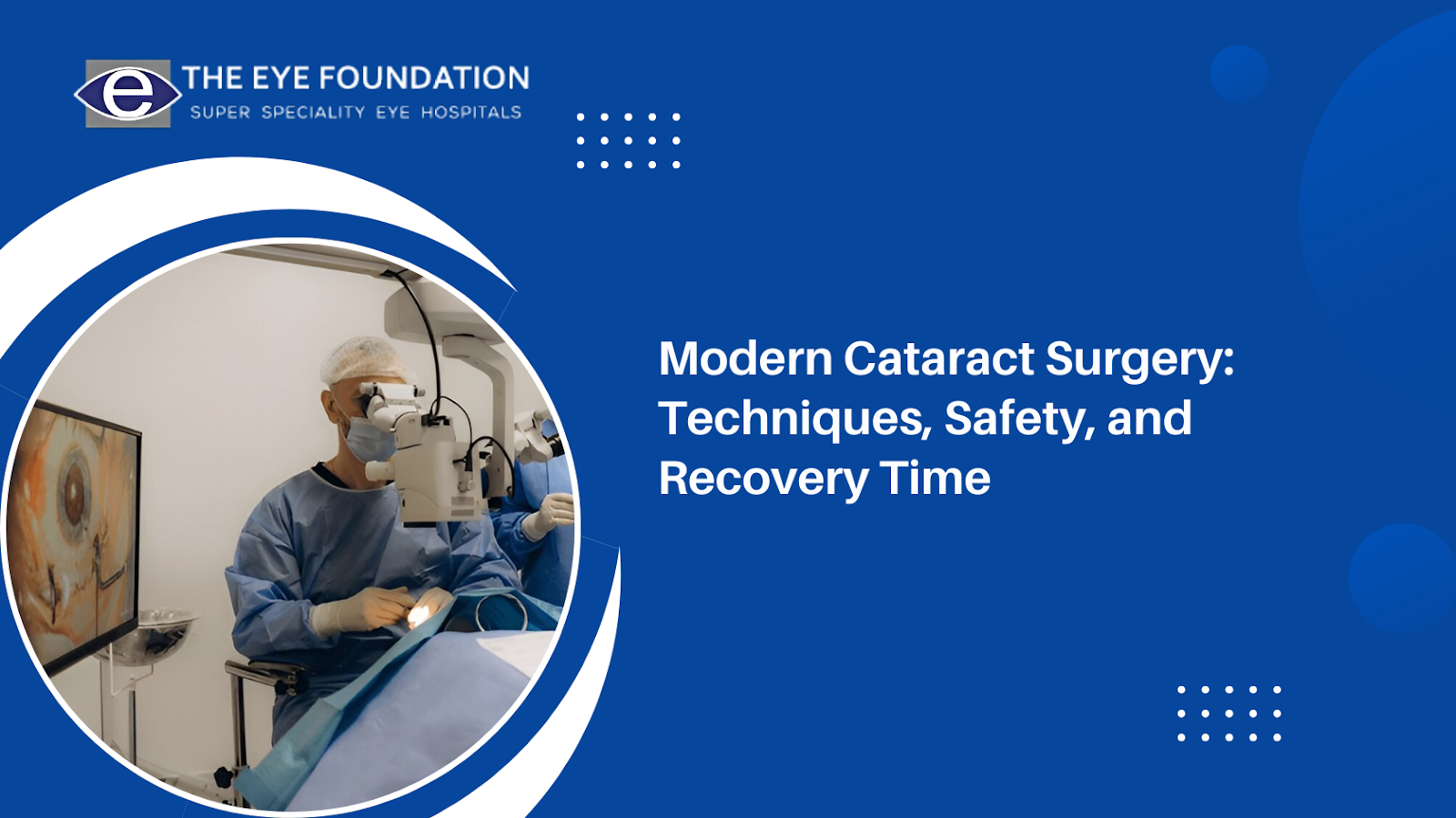Vision is usually disregarded, however it is one of our most important senses. Many people take it for granted until something goes wrong and they come to appreciate the delicate but cannot be ignored work that our retina does every day. The retina is a thin layer of tissue located at the back of the eye and its purpose is to convert light into neural signals which are sent to the brain to help create images. Damage or disorders of the retina or the vitreous (the gel-like material inside the eye) can put vision in jeopardy and affect quality of life. This is where we get vitreoretinal treatment.
Modern vitreoretinal treatments offer surgical interventions for challenging retinal conditions to both restore and preserve sight. In this blog we will discuss what vitreoretinal treatment is, the conditions and symptoms it addresses, treatment options/alternatives, and the importance of early diagnosis.
Conditions Managed by Vitreoretinal Treatment
A diverse range of retinal and vitreous pathologies can be successfully treated with vitreoretinal procedures:
- Retinal Detachment: This is a medical emergency in which the retina has peeled away from the underlying tissue.
- Macular Hole: This involves a small break in the macula, which is responsible for our central vision.
- Epiretinal Membrane (Macular Pucker): This includes a layer of scar tissue on the retina which may be the cause of distortion of vision.
- Diabetic Retinopathy: This includes damage to the blood vessels of the retina that is caused by diabetes.
- Vitreous Hemorrhage:This is bleeding into the vitreous cavity, which may be due to diabetic retinopathy or trauma.
- Age-Related Macular Degeneration (AMD): This is a leading cause of vision loss among people age 65 or older.
- Retinal Vein Occlusion:This includes any obstruction to the veins that carry blood away from the retina.
Recognizing Symptoms of Retinal Disorders
Early detection is key in preventing permanent vision loss. If you experience any of the following symptoms, consult a retina specialist promptly:
- Sudden appearance of floaters (tiny specks or cobwebs in your vision)
- Flashes of light in one or both eyes
- A shadow or curtain effect over part of your vision
- Blurred or distorted central vision
- Loss of peripheral (side) vision
- Difficulty reading or recognizing faces
Vitreoretinal Treatment: Procedures and Techniques Explained
Advancements in technology have significantly improved the outcomes of vitreoretinal treatment. Here are some of the most common procedures performed today:
1. Vitrectomy
A vitrectomy involves the surgical removal of the vitreous gel to gain better access to the retina. It is commonly used to:
- Repair retinal detachment
- Remove vitreous hemorrhage
- Treat macular holes
- Remove epiretinal membranes
2. Retinal Laser Surgery
Lasers are used to "photocoagulate" leaking blood vessels, manage retinal detachment, and treat diabetic retinopathy. It can stabilize sight and stop deterioration.
3. Pneumatic Retinopexy
This procedure is minimally invasive and involves injecting a gas bubble into the eye to push against the retina to reattach it back to the eye. The patient keeps a specific head position during the recovery phase to assist the healing process.
4. Scleral Buckling
In this procedure, a silicone band is placed around the eye, pushing the wall of the eye against the detached retina. The silicone band gently pushes the retina against the wall of the eye so the retina can reattach.
Benefits of Timely Vitreoretinal Treatment
- Restoration or stabilization of vision
- Prevention of permanent vision loss
- Relief from visual distortions
- Improved quality of life
- Enhanced ability to perform daily activities
Why Choose The Eye Foundation for Vitreoretinal Treatment?
When it comes to your vision, choosing the right vision care provider is of utmost importance. The Eye Foundation provides cutting-edge vitreoretinal care by experienced retinal specialists. Our vitreoretinal surgical suites are equipped with the latest technology to ensure the highest safety standards and precision in your surgery.
Our approach includes:
- Comprehensive retinal diagnostics
- Personalized treatment plans
- Compassionate patient care
- Post-surgical rehabilitation and monitoring
Vision loss from retinal conditions can have enormous consequences, however due to modern vitreoretinal treatment options, many patients regain their vision or preserve their sight. If your vision condition, or your loved one’s vision condition involves symptoms of a retinal condition, you should not delay accessing expert care.
At The Eye Foundation we are dedicated to seeing you see life in focus again. Schedule an appointment with our retina specialists today and take the first step to protect your vision.






